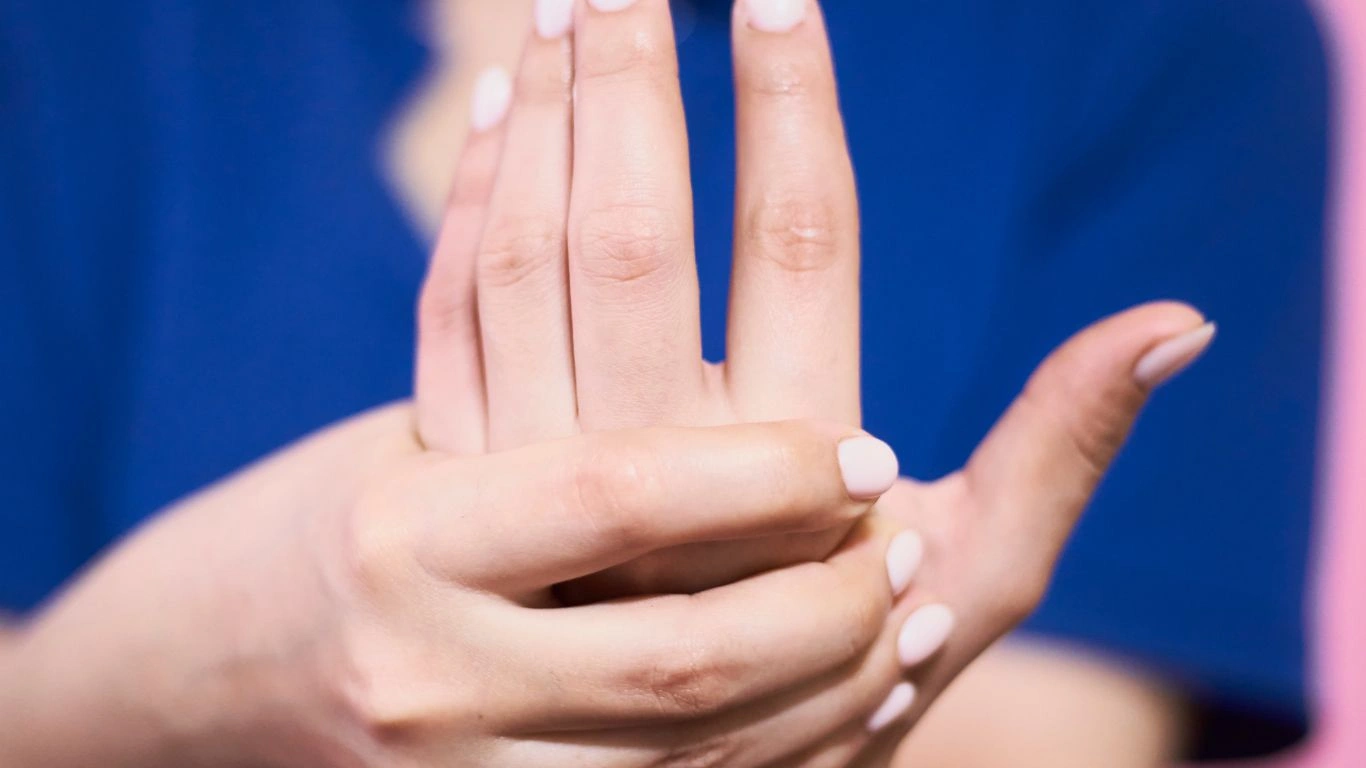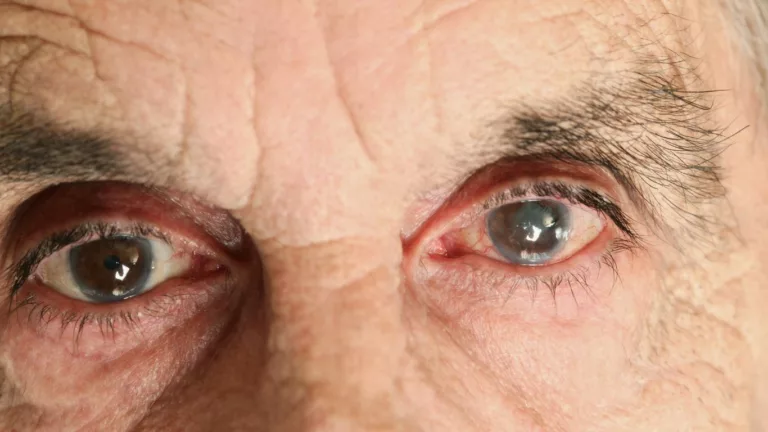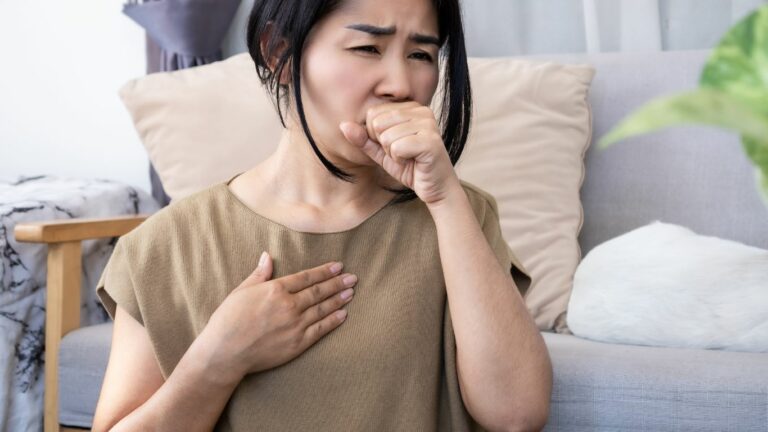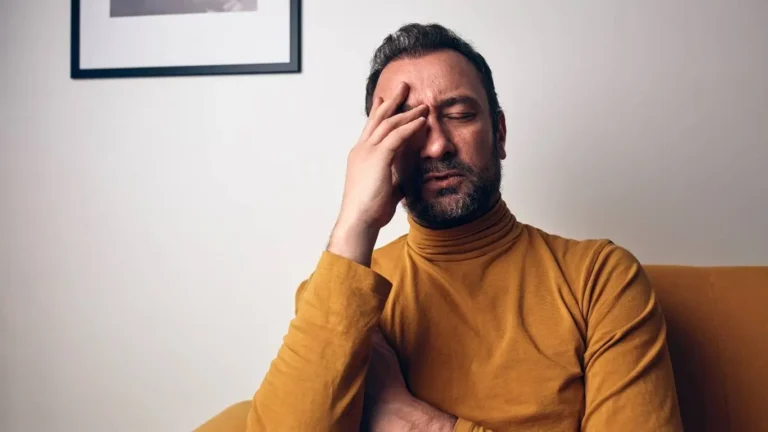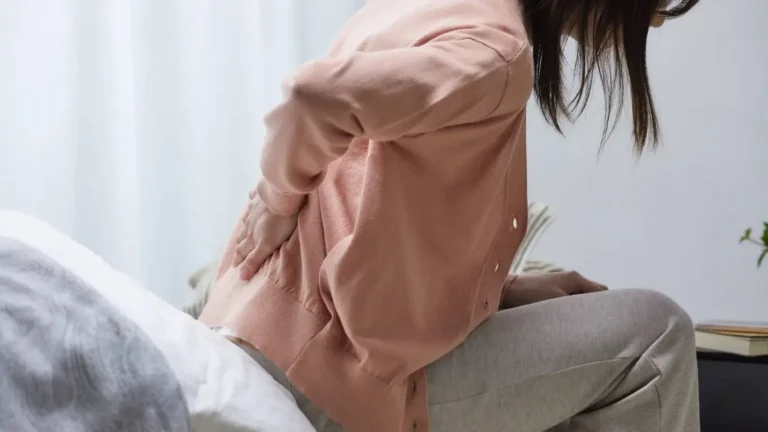Managing Rheumatoid Arthritis with Acupuncture
Dealing with rheumatoid arthritis (RA) is no joke. The pain, stiffness, and fatigue can wear you down, and finding effective treatments that work for your body isn’t always straightforward. If you’ve been on the lookout for something that might give you some relief, acupuncture might be worth considering.
So, what exactly is acupuncture, and how does it relate to managing RA? Let’s dive into it.
What Is Acupuncture?
Acupuncture is an ancient Chinese practice where thin needles are inserted into specific points on the body. These points are believed to correspond with energy pathways (or meridians) that influence physical, emotional, and mental well-being. Although the idea of sticking needles into your skin might sound intimidating, many people find acupuncture to be relaxing and therapeutic.
For people living with RA, acupuncture is often used as part of a comprehensive treatment plan to alleviate pain and reduce inflammation. It’s thought that acupuncture may stimulate the release of endorphins, your body’s natural painkillers, and improve blood flow to the affected areas, providing much-needed relief.
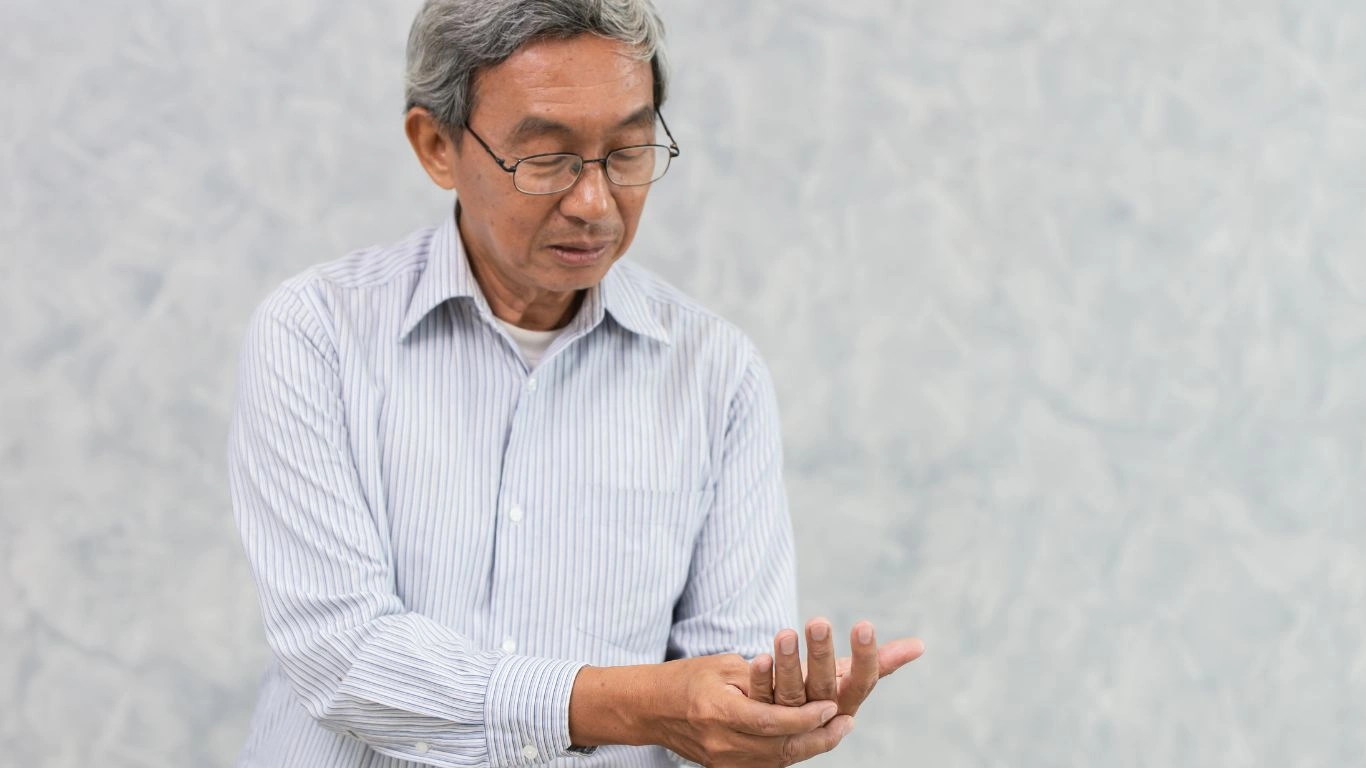
How Acupuncture Helps Manage Rheumatoid Arthritis
When you have rheumatoid arthritis, your immune system mistakenly attacks the joints, leading to inflammation and pain. Acupuncture might help by targeting specific points to:
- Reduce inflammation: One of the key benefits of acupuncture for RA is its potential to reduce inflammation in the joints. By improving circulation and regulating immune function, acupuncture may help the body calm down the overactive immune response that leads to swelling and pain.
- Alleviate pain: Many RA sufferers turn to acupuncture for its pain-relieving effects. Studies have shown that acupuncture may help with pain management by releasing natural painkillers like endorphins. These endorphins can help reduce the intensity of pain that comes with the inflammation and stiffness that RA causes.
- Improve joint function: RA can severely limit mobility, and many patients experience stiffness in their joints. Acupuncture might help improve flexibility by reducing inflammation, helping you move more freely and comfortably.
- Reduce fatigue: Chronic fatigue is a common issue for people with RA. Acupuncture may help balance your energy levels by regulating your body’s stress response and promoting relaxation. This could leave you feeling more energized throughout the day.
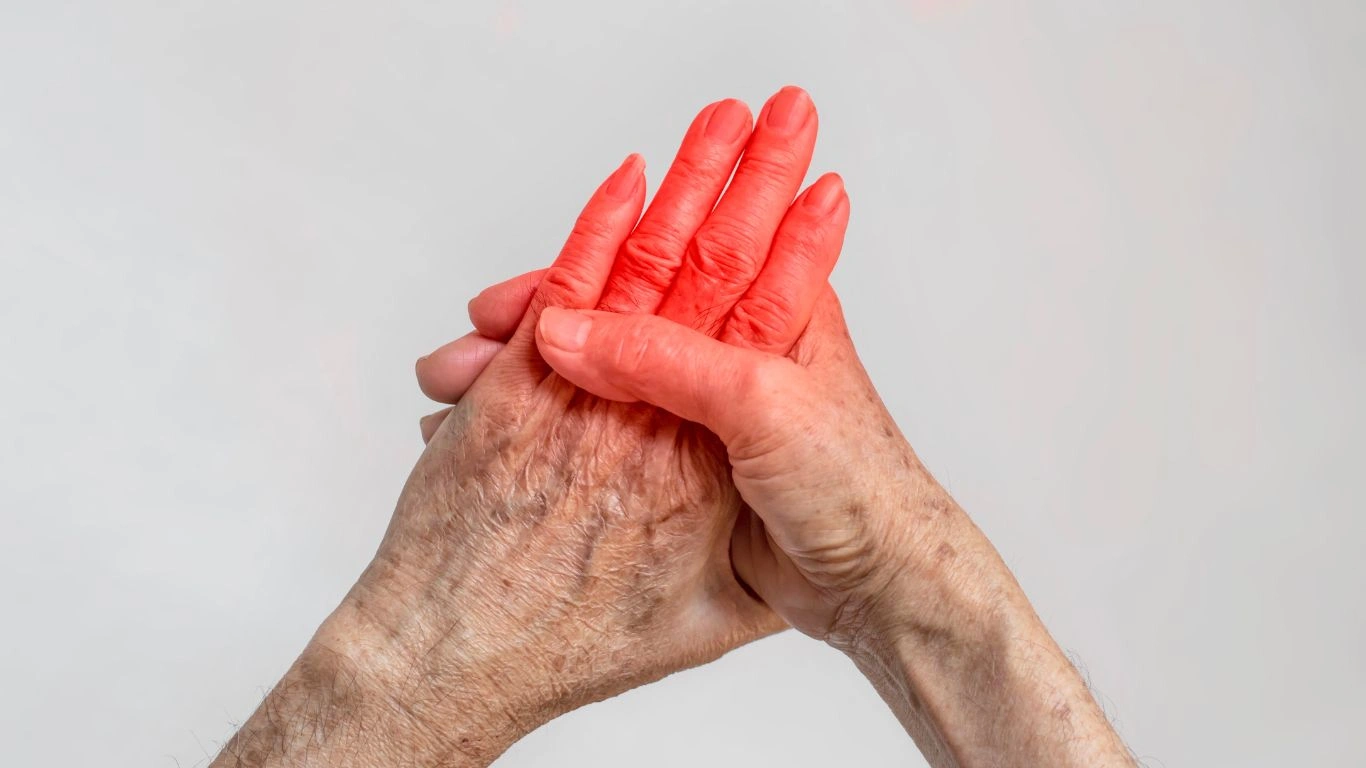
The Benefits of Acupuncture for Rheumatoid Arthritis Sufferers
While acupuncture isn’t a cure for rheumatoid arthritis, it may serve as a complementary treatment to traditional therapies like medications or physical therapy. Here are a few reasons why people with RA may find acupuncture helpful:
- Natural, drug-free option: If you’re looking to reduce your reliance on pain medications, acupuncture could be an alternative. Many patients with RA use acupuncture to supplement their other treatments and minimize the side effects of medication.
- Customizable treatment: Acupuncture is highly individualized. Your acupuncturist will tailor the treatment to your specific symptoms, addressing the areas of your body that are most affected by RA.
- Holistic approach: Unlike conventional treatments, which tend to focus on symptoms, acupuncture addresses the body as a whole, aiming to restore balance and improve overall health.
- Minimal side effects: When performed by a qualified practitioner, acupuncture is generally considered safe with minimal risks or side effects. It’s non-invasive, and many people find it relaxing rather than uncomfortable.
What to Expect During an Acupuncture Session
If you’ve never had acupuncture before, it’s natural to wonder what the experience will be like. Here’s a quick rundown of what you can expect:
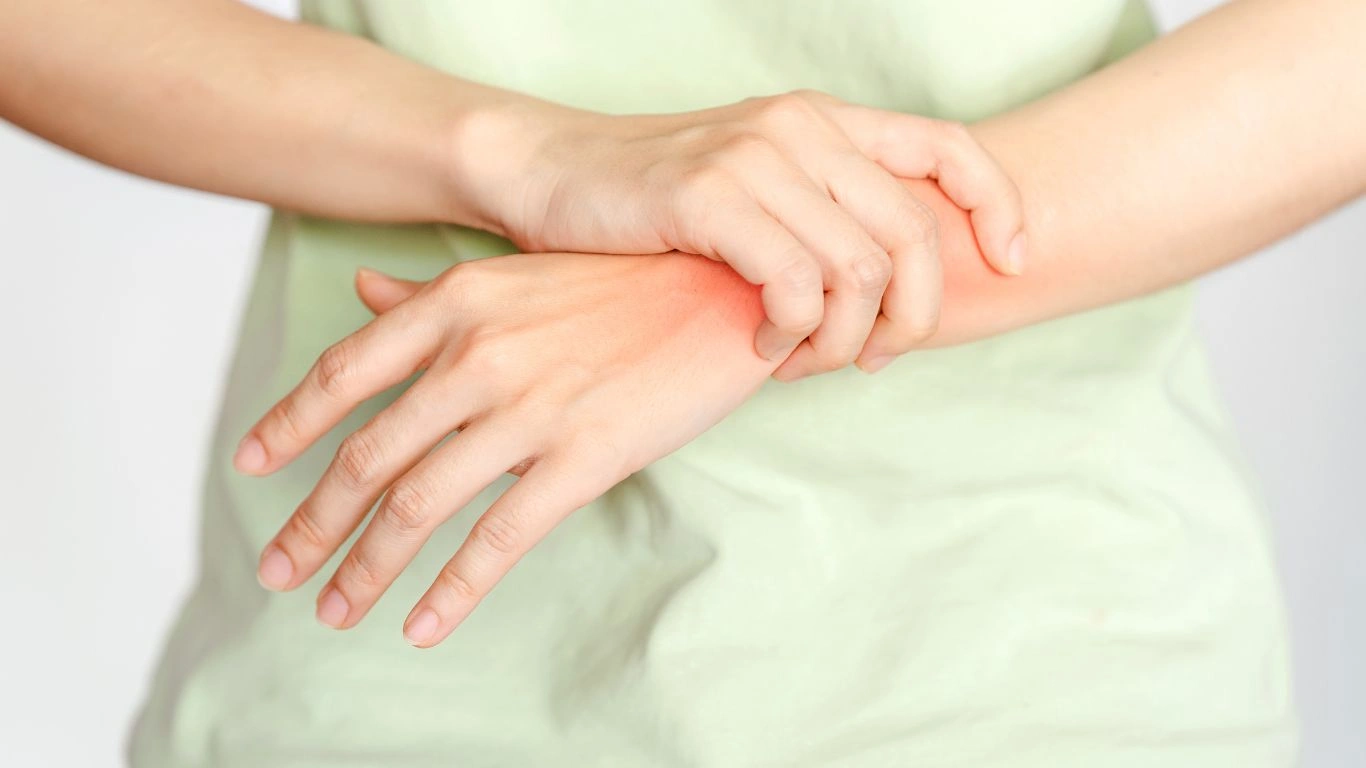
- Initial consultation: Your acupuncturist will ask you about your health history, including your RA symptoms, current treatments, and any other health concerns. This helps them personalize the treatment.
- Needle insertion: During the session, you’ll lie down in a comfortable position while the acupuncturist inserts thin needles into specific points on your body. The needles are usually left in place for 20-30 minutes, and you may feel a mild sensation, but it shouldn’t be painful.
- Post-session experience: After your session, you might feel relaxed, with some people even experiencing an increase in energy or relief from pain. Some people feel lightheaded initially, but this generally goes away soon after.
How Often Should You Get Acupuncture for RA?
The frequency of acupuncture treatments depends on your individual needs. In the beginning, many people with RA start with 1-2 sessions per week, and then reduce the frequency as they begin to experience relief. Over time, you may find that maintaining monthly treatments works best for managing your symptoms.
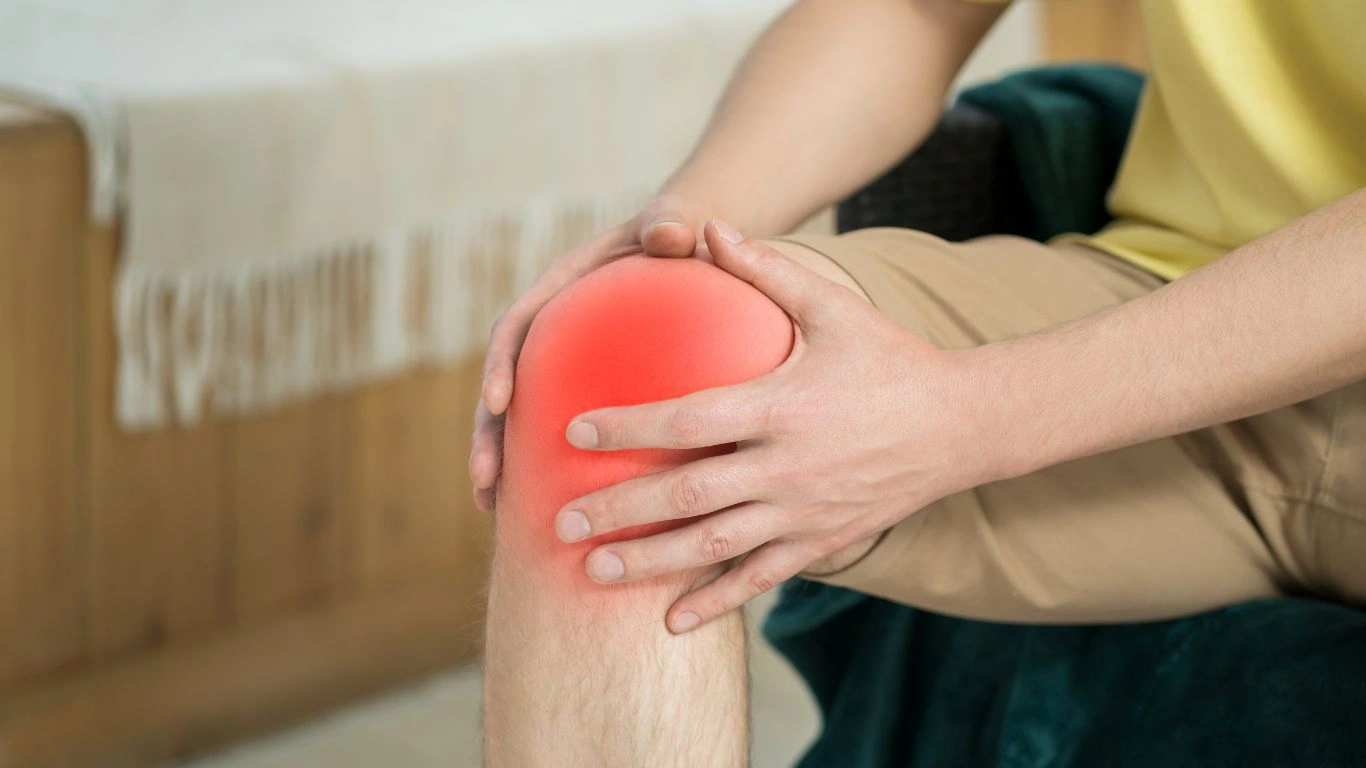
Complementing Acupuncture with Other RA Treatments
Acupuncture can be a valuable addition to your RA management routine, but it’s not a standalone solution. It works best when combined with other treatments like:
- Medications: Disease-modifying antirheumatic drugs (DMARDs) and biologics can help manage RA by targeting the immune system. Acupuncture can help relieve the symptoms that medications don’t fully address, like pain and stiffness.
- Physical therapy: Exercises tailored to your needs can help improve joint flexibility and strength. Acupuncture can support the healing process by alleviating pain and reducing inflammation, making physical therapy sessions more effective.
- Diet and lifestyle changes: A healthy diet, stress management, and regular exercise can all play a role in managing RA symptoms. Acupuncture may help you feel better overall, making it easier to stick to your wellness plan.
Conclusion: Is Acupuncture Right for You?
If you’re living with rheumatoid arthritis and looking for an additional way to manage your symptoms, acupuncture could be worth exploring. While it’s not a cure, it may provide pain relief, reduce inflammation, and help improve your quality of life. Always talk to your healthcare provider before starting acupuncture or any other alternative therapy to make sure it’s a safe option for you.
Appendices
References
- American College of Rheumatology. (2024). Acupuncture and Its Role in Rheumatoid Arthritis Management. Read Article
- National Center for Complementary and Integrative Health. (2023). Acupuncture: An Overview. Read Article
- Smith, R., & Jones, T. (2023). Acupuncture for Pain Relief in Chronic Conditions. Read Article
FAQs
- Can acupuncture cure rheumatoid arthritis? Acupuncture cannot cure RA, but it can help reduce symptoms, such as pain and inflammation, and improve joint function. It works best as a complementary therapy alongside conventional treatments.
- How long does it take to feel the benefits of acupuncture for RA? Many people experience some relief after a few sessions, though it can vary. Some see improvements in pain management and flexibility within a week or two, while others may take longer.
- Is acupuncture safe for people with rheumatoid arthritis? Yes, acupuncture is generally considered safe for most people with RA when performed by a qualified practitioner. However, it’s always best to consult your doctor before trying it.
Disclaimer
The information provided in this article is for general educational purposes only. It is not intended as medical advice and should not be used as a substitute for professional medical consultation. Always consult with your healthcare provider before starting any new treatment or therapy.

Tarra Nugroho is a dedicated Nurse Practitioner with a strong foundation in family and preventive care. She brings both compassion and clinical expertise to her practice, focusing on patient-centered care and health education. As a contributor to Healthusias.com, Tarra translates medical knowledge into clear, empowering articles on topics like women’s health, chronic disease management, and lifestyle medicine. Her mission is simple: help people feel seen, heard, and informed—both in the clinic and through the content she creates. When she’s not caring for patients, Tarra enjoys weekend hikes, plant-based cooking, and curling up with a good health podcast.

